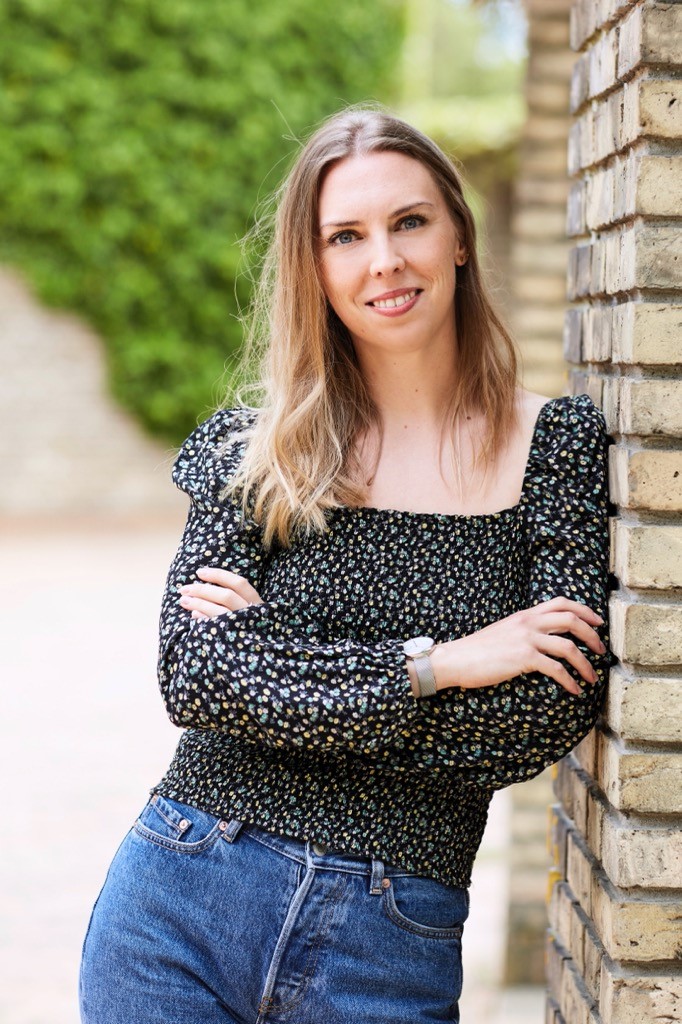Ea Høg Utoft
MSc Business Administration and Languages from University of Southern Denmark, PhD student at CFA 2017-2020.
Supervisor: Mads P. Sørensen. Co-Supervisor: Mathias Wullum Nielsen.
How would you describe your job?
As a postdoc, my job is quite versatile and very collaborative, which makes for a nice change after the PhD. I am involved in several research projects with my CFA colleagues, such as the Villum Experiment project and the BioMedical Design Fellowship project. In the latter, I get to utilize my qualitative methods skills and, more specifically, do participants observations, which I enjoy because I get to know new and interesting people and to learn about their lives and concerns. Currently, I am also teaching quite a bit, which is equally challenging and rewarding. I co-teach a Political Science Master’s level course on organizational sociology, and coordinate and teach another on interpretive, ethnographic methods. Although all of this is more than enough to keep me occupied, I still feel that I have quite a lot of autonomy to organize my work, so that there is room for pursuing interesting collaborations with colleagues from other departments as well as abroad.
What was the topic of your PhD project?
My PhD project examined how different types of organizations are motivated to implement gender equality initiatives. I studied a large Danish engineering company that launched an ambitious equality program. Using ethnographic methods, I observed and worked with the company’s HR and CSR departments over the course of four months. These departments were responsible for developing and implementing the equality program. I attended meetings, interviewed employees and leaders, and talked with people during lunch and over coffee to gain an understanding of what led the organization to prioritize equality. I also looked at Danish universities with a focus on opposition and resistance to gender equality initiatives.
How will your PhD degree benefit you in your current job?
My supervisor repeatedly said to me that “the PhD is merely your ‘driver’s license’, you’ll only really learn to drive, once you get on the road” which I think is a perfect analogy. The PhD felt like a huge accomplishment and that I was finishing something. But now I see that all the hard work I put into my dissertation was merely the foundation (and a good one, luckily!), on top of which I keep building my knowledge, methodological understanding, and practical research experience. Fluffy analogies aside, as a PhD, I learned how to do literature reviews and to develop qualitative research designs, and I honed my practical skills of doing observations, carrying out interviews, and writing academic texts, all of which I benefit from in my current job.
How did you experience doing a PhD at CFA?
I especially love the fact that CFA is interdisciplinary. I changed from an environment, where I was a member of “the herd” and everyone generally agreed on how things should be done, to a diverse group at CFA which made me aware of my blind spots. I have learned a lot from my colleagues’ many different disciplinary backgrounds and approaches. Moreover, the atmosphere at CFA is great. Since I was new in Aarhus when I started my PhD, the social environment of the workplace was very important to me. In no time, several of my colleagues became close friends with whom I spend time outside of work as well. Another great thing about doing a PhD at CFA was that I was able to travel a lot. I was always supported when I wanted to go to a conference or take PhD courses abroad, as long as they were relevant to my research. The many trips abroad were very important for my academic skill development and they enabled me to establish a strong international network.
